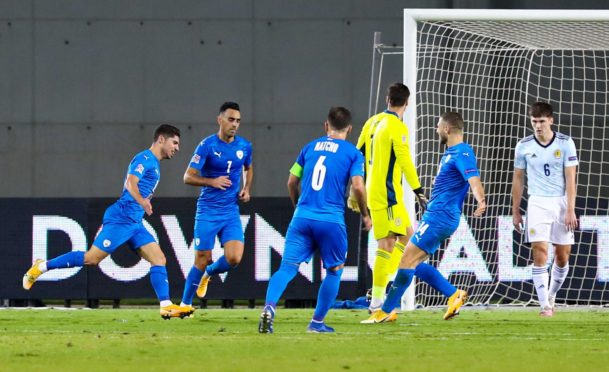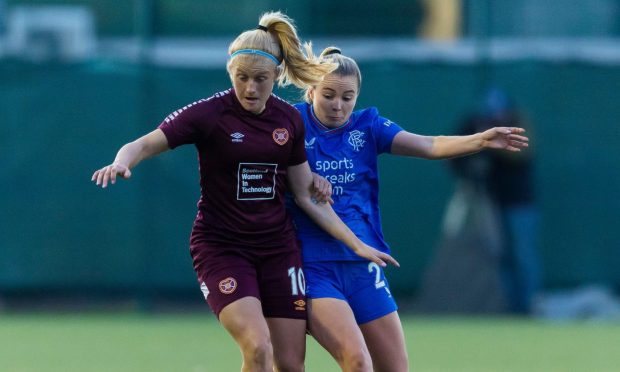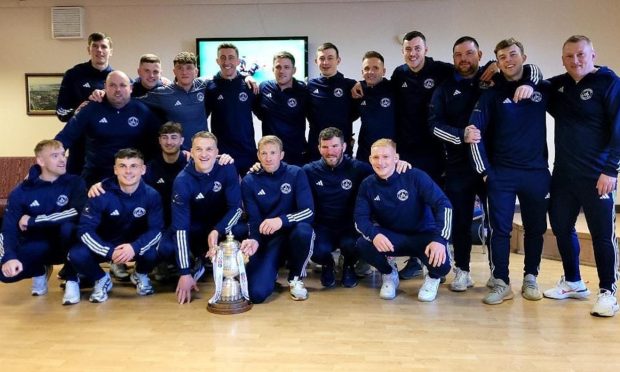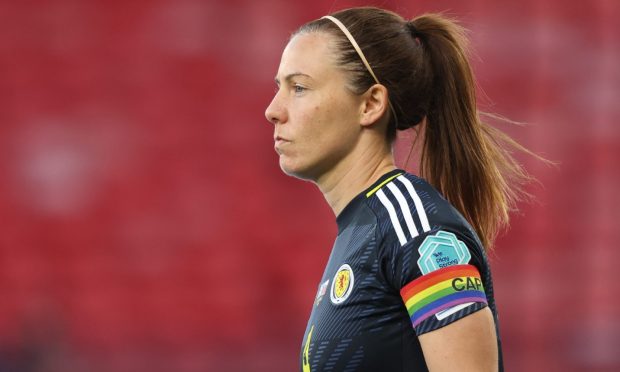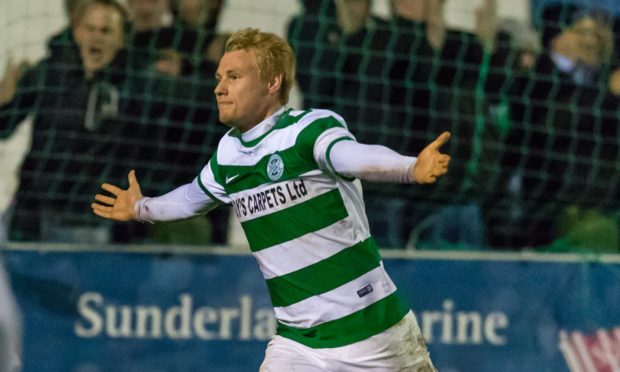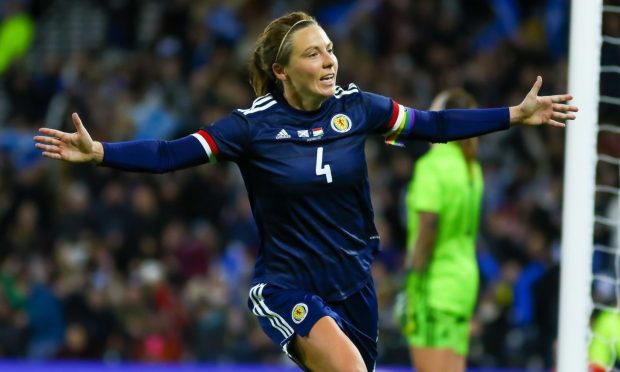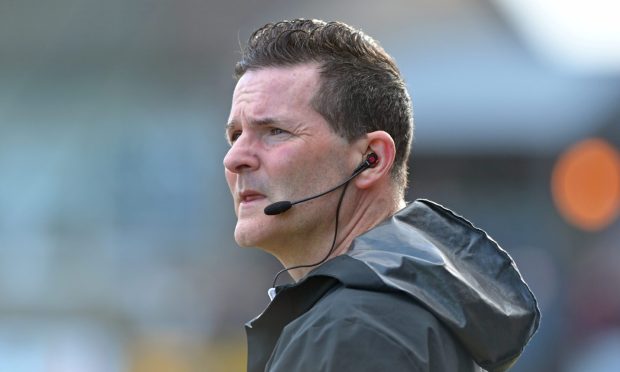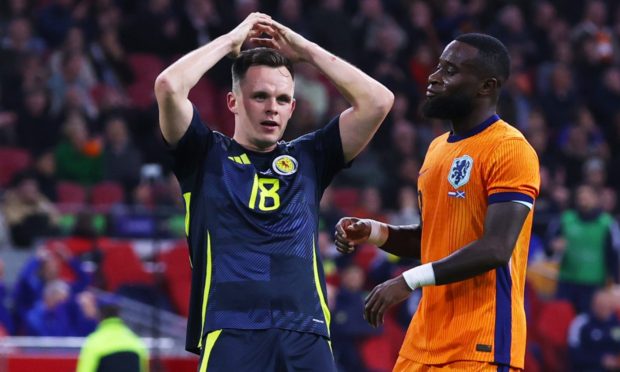Barely two years have passed since Scotland last suffered defeat to the Israeli national side, but how times have changed.
Flick back to the coverage of that slapstick loss and you will find heavy use of words like “embarrassed”, “humbled” and “sorry Scotland”.
Flash forward and with the Scots’ Euro 2020 qualification party still in full flow, this will cause barely a murmur.
There has been a radical overhaul of the side, undeniable signs of improvement, and tangible reward for a generation to whom major tournaments were a thing other people played in.
Yes, Scotland have let slip a position which, after four matches, was one step away from impregnability, and will not be benefitting from the Nations League back door into the qualifying playoffs this time.
That is a shame, but it does not dilute the magnitude or significance of what they had already achieved in this international break.
They will simply have to take matters into their own hands and take the direct route to Qatar, something of which – depending on the draw – they have proved themselves capable.
There will be some nasty opponents lurking in Pot 2 of next month’s draw, but the majority will be sides Scotland will feel confident of competing against.
But there must be no let-up from here. Like the Nations League campaign, Scotland have reached the doorstep of progress in a wider and more sustainable sense, and if they let that get away then it will have longer-lasting ramifications than this minor setback.
Qualification campaigns become progressively easier once nations start moving up through the seeding strata, and after years of having to worry more about dropping into Pot 4, Scotland now have a genuine chance to move into the top two over the next couple of years.
Manage that, and the gaps between tournaments will, at last, begin to shrink once more.
